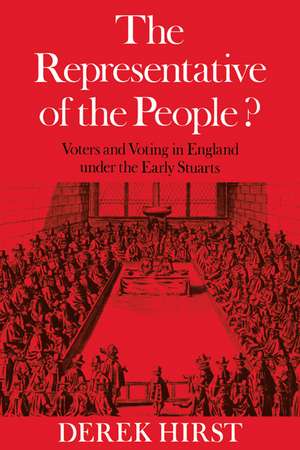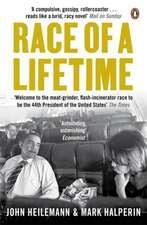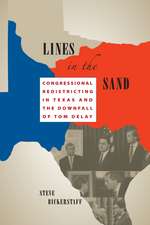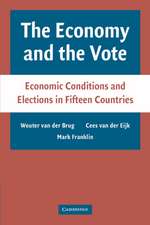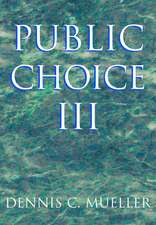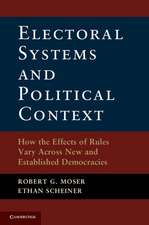The Representative of the People?: Voters and Voting in England under the Early Stuarts
Autor Derek Hirsten Limba Engleză Paperback – 14 sep 2005
Preț: 208.12 lei
Nou
Puncte Express: 312
Preț estimativ în valută:
39.84€ • 43.29$ • 33.48£
39.84€ • 43.29$ • 33.48£
Carte tipărită la comandă
Livrare economică 21 aprilie-05 mai
Preluare comenzi: 021 569.72.76
Specificații
ISBN-13: 9780521019880
ISBN-10: 0521019885
Pagini: 320
Dimensiuni: 152 x 229 x 19 mm
Greutate: 0.47 kg
Ediția:Revised
Editura: Cambridge University Press
Colecția Cambridge University Press
Locul publicării:Cambridge, United Kingdom
ISBN-10: 0521019885
Pagini: 320
Dimensiuni: 152 x 229 x 19 mm
Greutate: 0.47 kg
Ediția:Revised
Editura: Cambridge University Press
Colecția Cambridge University Press
Locul publicării:Cambridge, United Kingdom
Cuprins
Acknowledgements; Abbreviations and notes; 1. Introduction; Part I. The Electorate: 2. The county electorate; 3. The borough franchise disputes; 4. The support of the House of Commons; 5. The urban voters; Part II. Elections: 6. Control and independence in voting; 7. The electorate and politics; Part III. After the Election: 8. Local benefits and taxes; 9. Accountability and national politics; 10. Conclusion; Appendices; Notes; Bibliography; Index.
Descriere
Dr Hirst examines politics from the point of view of the ordinary man before the Civil War.
